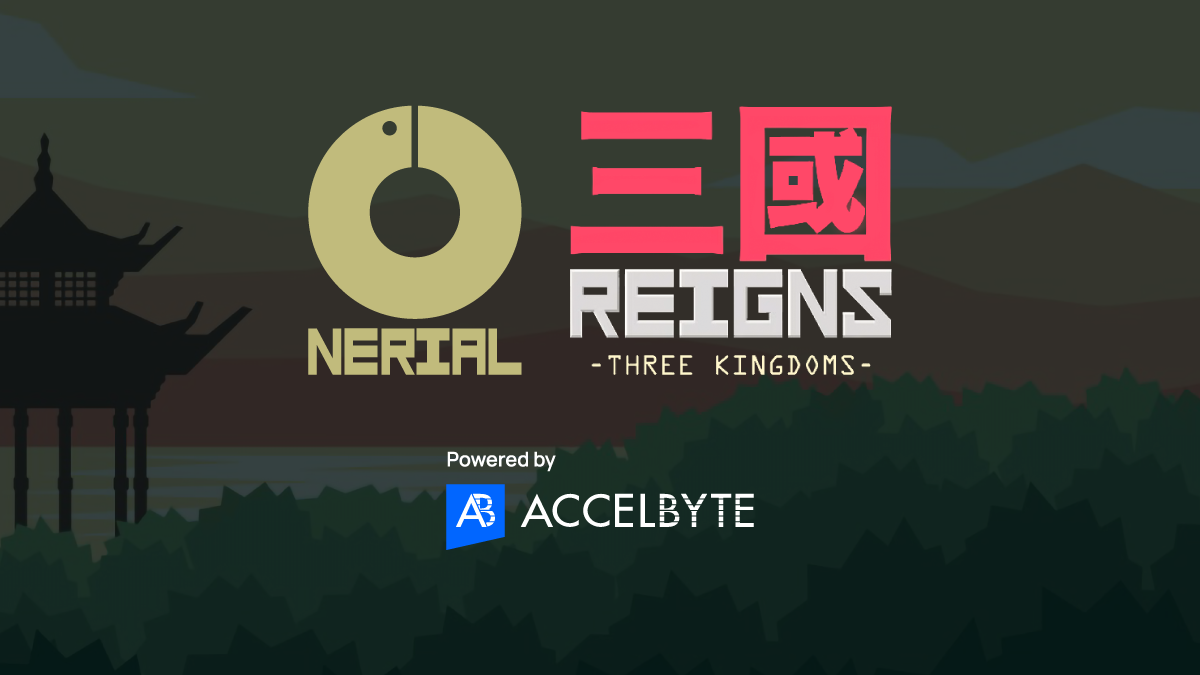
You’re probably already aware that in order to make your game cross-platform ready, you need to have a centralized account and matchmaking system that can be accessed by all of your game’s supported platforms. However, there are several features that need to be in place to ensure your players can access your game without conflicts.
Below are four factors you need to consider when making your player accounts accessible and manageable across multiple platforms.
Connecting Game Accounts to the Platforms (Xbox, Steam, PlayStation, Switch, ...)
In order to make you game accessible by all of your game’s supported platforms using the same account, you need to establish a connection between the game account and the platforms'. By linking the game account to the platforms' account, players only need to be logged in once because the game instance recognizes the accounts as the same person. The linking also makes it possible to continue game progression on different platforms. Watch this GDC talk video by our VP of Tech to get the concept of how you can link all the accounts.
Presence Protocols
There are two types of presence protocols you can implement in your user account management system: Single Point of Presence and Multiple Points of Presence.
As the name suggests, the Single Point of Presence protocol dictates that your game can only be accessed by one instance at a time. This is already implemented in many action RPG games which only have one character to play at a time and automatically save the player’s progression. You know this protocol is being used when you’re logged out from a game when you try to play it on multiple platforms at the same time: one gameplay instance at a time minimizes the likelihood of game save errors occurring. In order to implement this, you need to have game session management in your main backend system.
By contrast, a Multiple Points of Presence protocol allows you to be logged in to an account from multiple game instances. If your game does not have a progressing storyline, is played in sessions, and the gameplay resets every time a player opens a new session, this protocol might work for your game. However, MPOP can get very complex since it involves creating a guest account every time the player logs into more than one game instance at a time.
Session Authentication and Alerts
Game session management is not only essential to sort out game progression problems, it is also essential for player account security. By notifying a player when the system detects a new login, the player can act upon it, whether they verify the login or end the session and take measures to secure their account.
Account Login Profiling and Identification
Account login profiling and identification is necessary to distinguish one login session from the others. With proper account login profiling and identification, players and game administrators can retrieve the information they need about a session, such as the public IP address, device information, and location for each login session. This information helps us to determine if a login session is legitimate or if it’s suspicious.
See how to monitor login activities and secure users' accounts.
There are a lot of considerations that need to be made when building a centralized player account management system. Fortunately, our comprehensive User Account Management solution is ready to use with just a quick and easy integration process. Feel free to reach out to us at hello@accelbyte.io if you’re interested in making your game cross-platform capable without hassle.
Featured Customer Stories
Featured Blog Posts
Unity Multiplay Is Transitioning: Practical Paths Forward for Studios Using Multiplay
AccelByte Gaming Services Is Now Modular
We Built an Open-Source Way to Connect Epic Online Services Anti-Cheat Services to Any Backend Architecture
Find a Backend Solution for Your Game!
Reach out to the AccelByte team to learn more.


